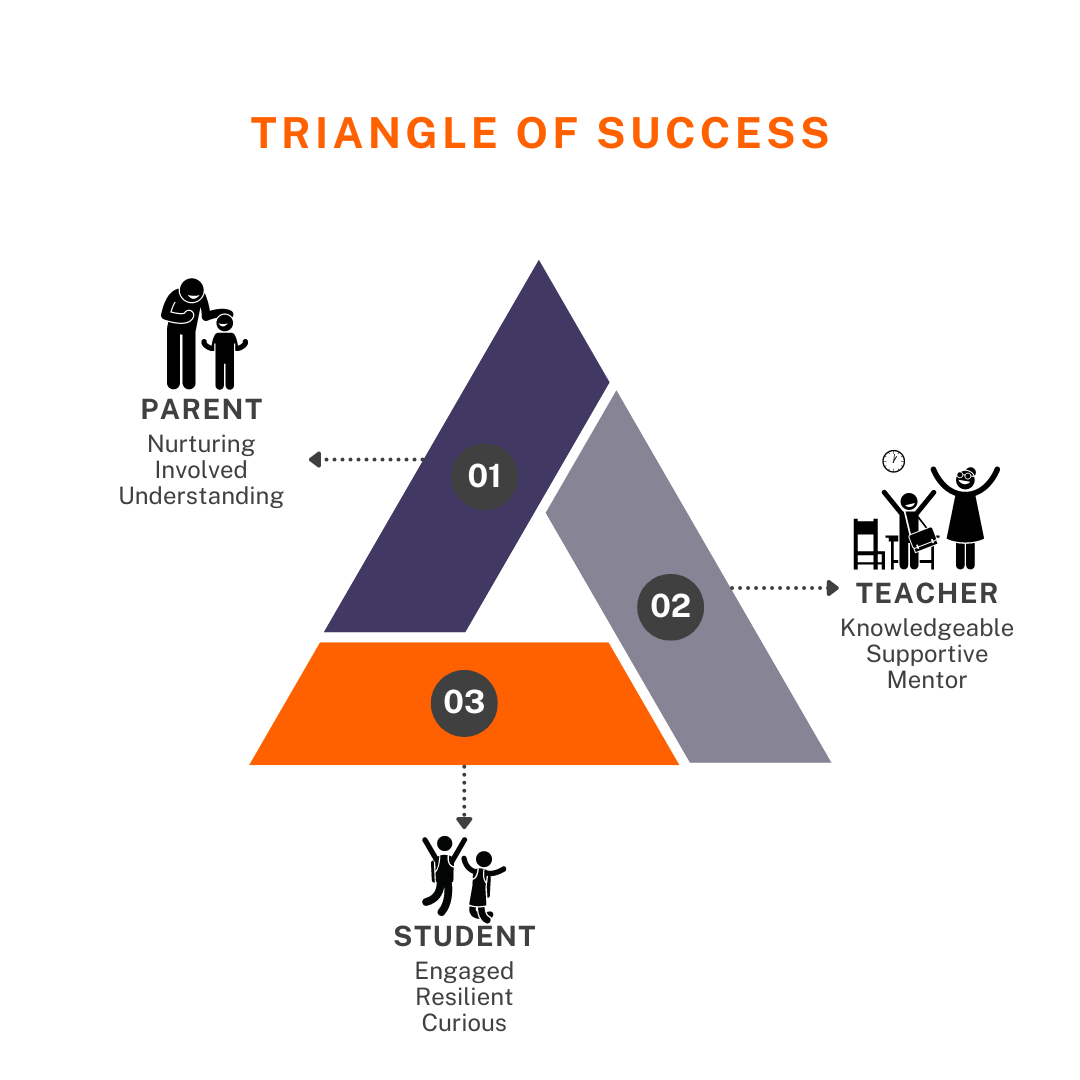How to Help Your Child with Homework Without Doing It for Them

How to Help Your Child with Homework Without Doing It for Them
Helping your child with homework can be a delicate balance. You want to support them without taking over the task. This guide provides practical advice for parents in the UAE to assist their children with homework, focusing on both primary and secondary school levels.

Primary School Tips
- Create a Dedicated Homework Space:
- Set up a quiet, organized space for your child to do their homework. This should be free from distractions and stocked with necessary supplies (Cooper, 2006).
- Establish a Homework Routine:
- Establish a consistent time each day for homework. This helps children develop a routine and understand the importance of setting aside time for their studies (Murray & Harrison, 2005).
- Encourage Independence:
- Encourage your child to attempt their homework independently before offering help. This fosters problem-solving skills and self-confidence (Vatterott, 2010).
- Use Positive Reinforcement:
- Praise your child for their effort and perseverance rather than just correct answers. This builds a growth mindset and encourages them to keep trying (Dweck, 2006).
- Break Down Tasks:
- Help your child break down larger assignments into smaller, more manageable tasks. This makes the work less overwhelming and easier to tackle (Cooper, 2006).
- Be Available for Questions:
- Let your child know that you are available for questions but that they should try to work through problems first. This approach encourages independent thinking (Vatterott, 2010).

Secondary School Tips
- Encourage Time Management:
- Teach your child how to manage their time effectively by creating a homework schedule. This can include breaks and time for extracurricular activities (Zimmerman, 2002).
- Promote Research Skills:
- Encourage your child to use reliable sources and research tools for their assignments. This helps them develop critical thinking and research skills (Kuhlthau et al., 2007).
- Foster a Growth Mindset:
- Emphasize the importance of effort and learning from mistakes. This helps students develop resilience and a positive attitude towards challenges (Dweck, 2006).
- Encourage Peer Study Groups:
- Suggest that your child form study groups with classmates. Collaborative learning can enhance understanding and make homework more engaging (Johnson & Johnson, 2009).
- Use Online Resources:
- Utilize online educational resources like Khan Academy and BBC Bitesize to help with difficult topics. These platforms offer tutorials and practice exercises (Herold, 2016).
- Monitor Progress Without Hovering:
- Check in on your child’s progress periodically without micromanaging. Offer support and guidance when needed but allow them the space to work independently (Patall et al., 2008).

Practical Advice for Parents in the UAE
- Communicate with Teachers:
- Maintain regular communication with your child’s teachers to stay informed about their progress and any areas where they may need extra support. This can be done through parent-teacher meetings, emails, or school portals (Epstein, 2001).
- Encourage Extracurricular Learning:
- Encourage your child to engage in extracurricular activities that complement their academic learning. This can include clubs, sports, or arts, which can enhance their overall development and reduce academic stress (Fredricks & Eccles, 2006).
- Stay Informed About the Curriculum:
- Familiarize yourself with the UAE school curriculum and expectations. This helps you understand the academic demands on your child and better support their learning (Al Sumaiti, 2012).
- Promote Healthy Study Habits:
- Ensure your child takes regular breaks during study sessions to prevent burnout. Encourage physical activity and relaxation techniques to maintain a healthy balance (Basch, 2011).
- Model Good Study Behavior:
- Set a good example by showing your own commitment to learning. Read books, stay organized, and discuss your work or projects with your child to model positive study habits (Bandura, 1986).

Conclusion
Helping your child with homework without doing it for them involves providing support, creating a conducive learning environment, and fostering independence. By using these strategies, parents in the UAE can help their children develop strong study skills and a positive attitude towards learning.



